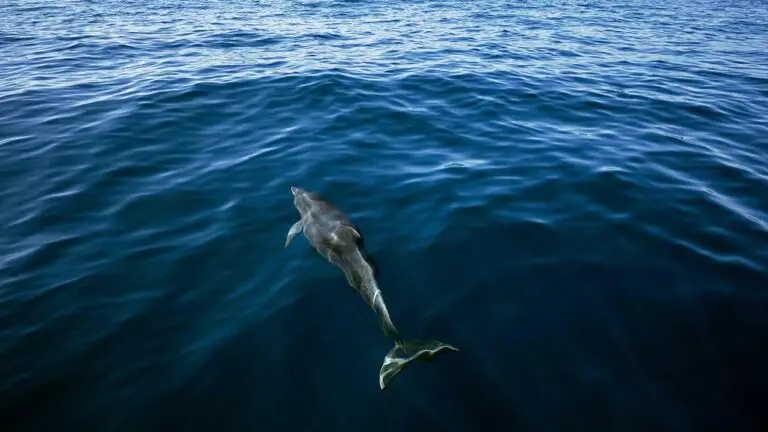Over 100 Dolphins Found Dead in Brazil as Severe Drought Takes Toll
Last week, a shocking incident unfolded in Brazil as more than 100 dolphins were discovered dead, prompting a state of emergency declaration by a local governor. Experts fear that more deaths could follow.
A Deadly Crisis Unfolds
The Brazilian Amazon is currently grappling with a severe drought, and this crisis has taken a tragic toll on its aquatic inhabitants. The leading suspect behind the dolphin deaths appears to be soaring water temperatures, which have soared to a scorching 102 degrees Fahrenheit in the Tefe Lake region.
Disturbing Discoveries
The Mamiraua Institute, a research group under Brazil’s Ministry of Science, Technology, and Innovation, reported the discovery of additional dolphin carcasses on Monday. Local media has also reported thousands of fish casualties in Tefe Lake, a critical habitat for both mammals and fish. Videos provided by the institute have shown lifeless dolphins strewn along the lakeside.
Miriam Marmontel, a researcher from the Mamiraua Institute, expressed grave concern, saying, “In one week, we have already lost around 120 animals between the two of them, which could represent 5% to 10% of the population.”
Rising Temperatures in a Troubled Region
Ayan Fleischmann, the geospatial coordinator at the Mamirauá Institute, revealed that water temperatures surged from 89°F on Friday to nearly 100°F by Sunday. This alarming temperature rise is a major contributor to the ongoing crisis.
State of Emergency
Amazonas Governor Wilson Lima declared a state of emergency on Friday due to the devastating drought. The efforts to recover dolphin carcasses from last week continue to be a challenging and heartbreaking task.
Impact on Humans
The repercussions of this drought extend beyond the wildlife. Humans in the region have been severely affected, unable to travel or deliver essential supplies to isolated areas. Waterways, which serve as the primary mode of transportation, have been rendered unusable.
Nicson Marreira, the mayor of Tefe, a city with 60,000 residents, highlighted the dire situation, stating, “Many communities are becoming isolated, without access to good quality water, without access to the river, which is their main means of transportation.”
Investigating the Tragedy
Teams of veterinarians and aquatic mammal experts are currently investigating the cause of these heartbreaking deaths. The Brazilian government’s Chico Mendes Institute for Biodiversity Conservation, which oversees conservation areas, is leading the efforts.
Ayan Fleischmann indicated that while investigators are still determining the exact cause of the dolphin deaths, high temperatures remain the primary suspect.
This tragic incident serves as a stark reminder of the devastating impact climate change and extreme weather events can have on both wildlife and human communities.
(Note: This article was compiled with contributions from The Associated Press.)

